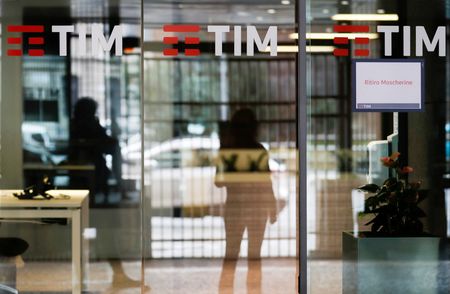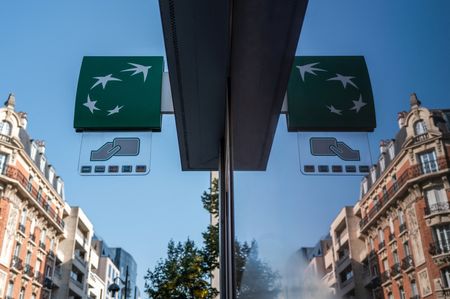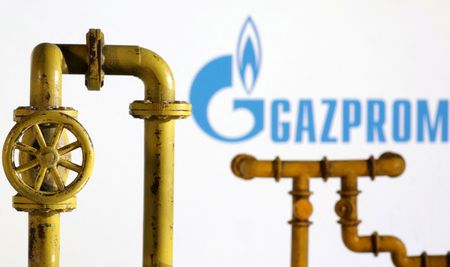By Bart H. Meijer
AMSTERDAM (Reuters) -Dutch airline KLM on Thursday urged the government to rethink its approach to tackling noise pollution at Amsterdam’s Schiphol airport, one of Europe’s main hubs, saying it should promote quieter planes rather than cutting flights.
The government is expected to announce a new flight cap for Schiphol this month, after indicating in September it would likely allow 475,000 to 485,000 flights annually, down from the current cap of 500,000.
But the Dutch arm of airline group Air France KLM, the largest airline at Schiphol, said noise reduction would be better achieved by making sure airlines replace noisy airplanes with newer ones.
“Your ministry seems to be steering towards shrinkage, while this is not necessary to achieve the noise goal,” KLM CEO Marjan Rintel said in an open letter to infrastructure minister Barry Madlener published on Thursday.
“The greatest contribution to reducing noise pollution comes from replacing older aircraft with new, quieter planes.”
Rintel said higher tariffs for older planes could push airlines to use newer ones, adding room for 5,000 more flights than the ministry’s current model assumes.
She also warned about potential retaliation from the United States and other countries if their carriers lose slots at Schiphol, meaning KLM loses landing rights in those countries.
The infrastructure ministry said it could not comment on its upcoming decision, for which it said input from various independent experts was used.
KLM plans to invest 7 billion euros ($7.4 billion) in the renewal of its fleet in the coming years, and said it would support the introduction of tariff differentiation.
The government last year tried to limit flights with the support of Schiphol to around 450,000.
But it bowed to industry pressure and objections from the European Union, which said it should first look at other options to cut noise.
A Dutch court in March ordered the government to do more to cut noise pollution at Schiphol, saying the interests of people disturbed by the airport had been ignored for years.
($1 = 0.9492 euros)
(Reporting by Bart MeijerEditing by Mark Potter)









